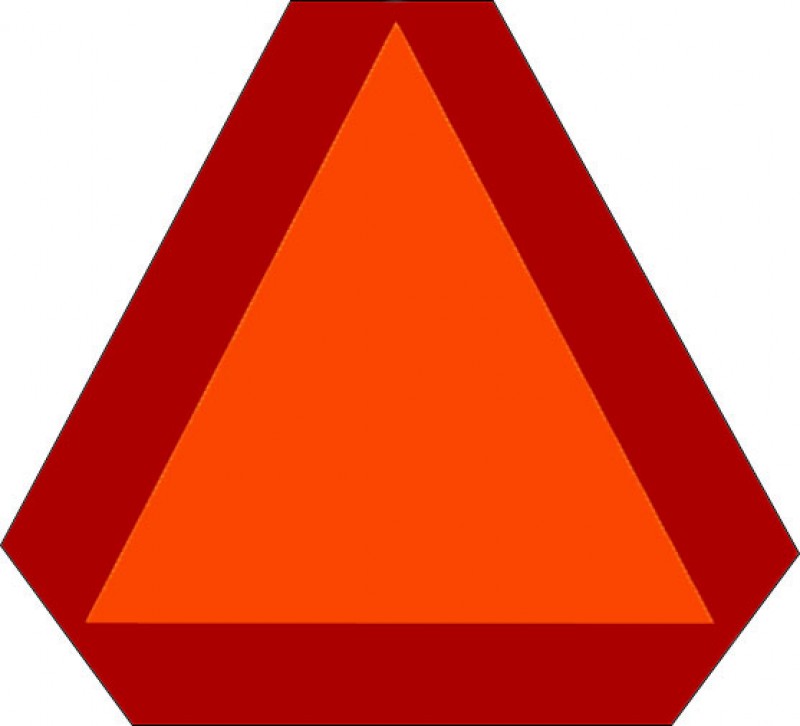Farm Safety Should Not Be Overlooked
go.ncsu.edu/readext?625488
en Español / em Português
El inglés es el idioma de control de esta página. En la medida en que haya algún conflicto entre la traducción al inglés y la traducción, el inglés prevalece.
Al hacer clic en el enlace de traducción se activa un servicio de traducción gratuito para convertir la página al español. Al igual que con cualquier traducción por Internet, la conversión no es sensible al contexto y puede que no traduzca el texto en su significado original. NC State Extension no garantiza la exactitud del texto traducido. Por favor, tenga en cuenta que algunas aplicaciones y/o servicios pueden no funcionar como se espera cuando se traducen.
Português
Inglês é o idioma de controle desta página. Na medida que haja algum conflito entre o texto original em Inglês e a tradução, o Inglês prevalece.
Ao clicar no link de tradução, um serviço gratuito de tradução será ativado para converter a página para o Português. Como em qualquer tradução pela internet, a conversão não é sensivel ao contexto e pode não ocorrer a tradução para o significado orginal. O serviço de Extensão da Carolina do Norte (NC State Extension) não garante a exatidão do texto traduzido. Por favor, observe que algumas funções ou serviços podem não funcionar como esperado após a tradução.
English
English is the controlling language of this page. To the extent there is any conflict between the English text and the translation, English controls.
Clicking on the translation link activates a free translation service to convert the page to Spanish. As with any Internet translation, the conversion is not context-sensitive and may not translate the text to its original meaning. NC State Extension does not guarantee the accuracy of the translated text. Please note that some applications and/or services may not function as expected when translated.
Collapse ▲Happy National Farm Safety and Health Week!
Since 1944, the third week of September has been proclaimed as National Farm Safety and Health Week. This week is led by the National Education Center for Agricultural Safety (NECAS), which is the agricultural partner of the National Safety Council.
Over the last few days, I have seen many social media posts and videos by agricultural businesses and individuals promoting farm safety. If you are a veteran farmer or a non-farming citizen, it is important that we all practice farm safety.
Farm safety comes in many forms. For farmers, safety involves equipment pre-operational checks, turning off the power take-off (PTO) or other movable parts of machinery before being close to them, and making cautious, mindful decisions in a typically fast-paced occupation.
It means ensuring that your equipment has rollover protective structures (ROPS), clean and visible slow-moving vehicle (SMV) signs, wearing sunscreen and hearing protection, and that no riders are allowed on equipment. The list could go on and on. Sometimes it’s quicker and easier for farmers to use shortcuts instead of following proper safety precautions, but it’s not worth it.
For non-farming citizens, one of the biggest ways to engage in farm safety is to be a patient driver when traveling on roads where farm equipment is also traveling. This is especially important right now as it is harvest season.
If you get behind a tractor, recognize that the slow-moving vehicle sign means that they travel 25 mph or less. Slow down and allow space between you and the tractor. Watch the farmer and be aware of any signals he/she may give.
When a tractor slows down or pulls to the side of the road, do not assume that it is letting you pass; it may be preparing for a left turn. Before passing, make eye contact with the farmer, make sure you are in a passing zone, and only pass if you have a clear line of sight.
This week alone, I have been in a line of traffic behind farm equipment two different days on my way to work. I am amazed at how impatient many drivers are when they get behind a piece of equipment. I’ve read various memes and posts on social media this week that say “driving behind a slow-moving piece of equipment for 2 miles is the equivalent of sitting at two stoplights in town.”
This is doable for all of us. Please be patient on the roads. Please be kind. The farmer driving the equipment is someone’s parent, grandparent or child who wants to go home safely to their family.
I hope you will educate yourself further on farm safety by watching videos posted at National Farm Safety and Health Week, which highlight safety and health practices for the agriculture industry and rural America:
Additionally, Carolina Farm Credit is hosting a Farm Safety Seminar for Rowan and Cabarrus county residents at N.C. Cooperative Extension of Rowan County on Thursday, Oct. 24, 2019, at 6 p.m. A meal will be served. It is open to farmers as well as the general public, but is limited to 150 people.
The guest speaker at this event is Sampson Parker of Cabarrus County, who will share his farm accident story. To RSVP for this event, please call Cheryl at the Concord Branch of Carolina Farm Credit at 704-786-0193. You must RSVP by Oct. 11.
N.C. Cooperative Extension of Rowan County is located at 2727-A Old Concord Road Salisbury, NC 28146.





